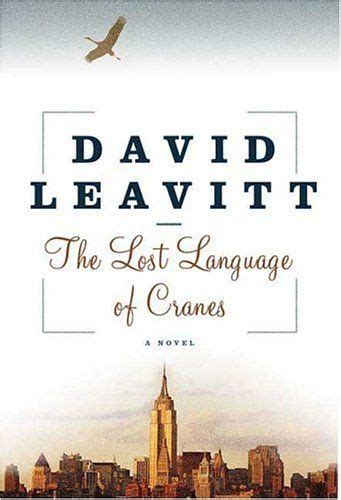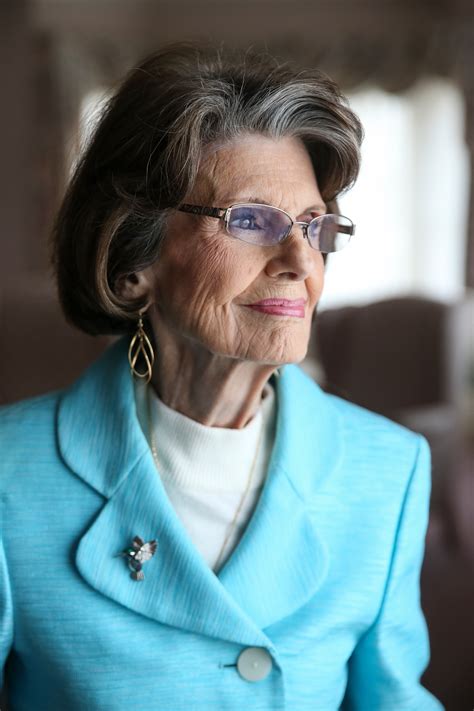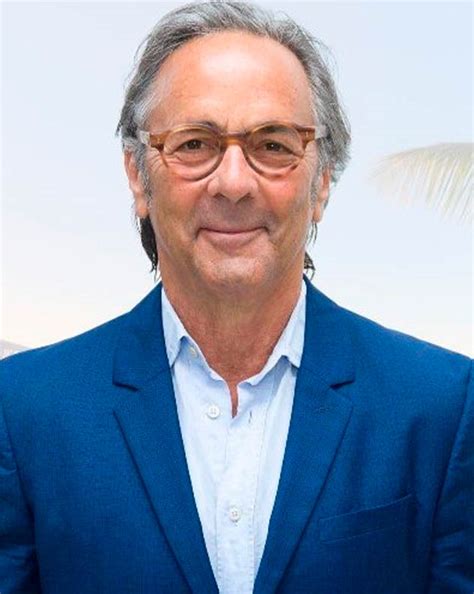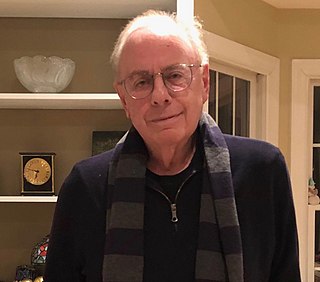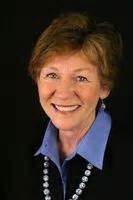A Quote by Honore de Balzac
Our greatest fears lie in anticipation.
Quote Topics
Related Quotes
We all spend so much time worrying about the future that the present moment slips right out of our hands. And so all we have left is retrospection and anticipation, retrospection and anticipation. In which case what's left to recall but past anticipation? What's left to anticipate but future retrospection?
When we sit thoughtfully pondering in a quiet place and the Spirit speaks to us, there will come into our hearts and souls the things that are truly our greatest desires, those things that are more important in the long run than anything else. Away from the appeal of the world, that greatest desire usually relates to relationships with family and with the Lord. And when that priority is in place, then we begin to plan our lives with purpose. We begin to have goals that cause us to live with anticipation.
Our role as gardeners is to choose, plant and tend the best seeds within the garden of our consciousness. Learning to look deeply at our consciousness is our greatest gift and our greatest need, for there lie the seeds of suffering and of love, the very roots of our being, of who we are. Mindfulness...is the guide and the practice by which we learn how to use the seeds of suffering to nourish the seeds of love.
The wise thing is for us diligently to train ourselves to lie thoughtfully, judiciously; to lie with a good object, and not an evil one; to lie for others' advantage, and not our own; to lie healingly, charitably, humanely, not cruelly, hurtfully, maliciously; to lie gracefully and graciously, not awkwardly and clumsily; to lie firmly, frankly, squarely, with head erect, not haltingly, tortuously, with pusillanimous mien, as being ashamed of our high calling.
On Christmas morning, our joy or our happiness can be at a very high level, not because of our anticipation of what we might receive but, rather, in anticipation of watching our loved ones open our gifts to them. In fact, if we're not careful, we can fail to register sufficient excitement and joy upon opening the gifts we receive from others. We must remember that they are happiest at that time and to give them top billing, to stretch their happiness to its full length.
Why is fear part of earth life? Perhaps our Heavenly Father’s greatest hope is that through our fears we may choose to turn to Him. The uncertainties of earth life can help to remind each of us that we are dependent on Him. But that reminder is not automatic. It involves our agency. We must choose to take our fears to Him, choose to trust Him, and choose to allow Him to direct us. We must make these choices when what we feel most inclined to do is to rely more and more on our own frantic and often distorted thinking.




